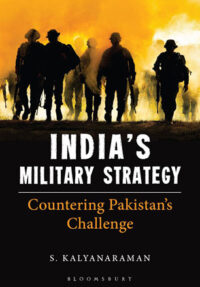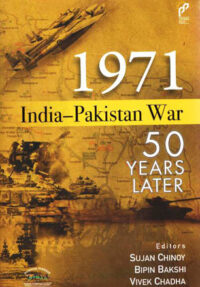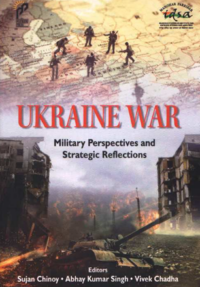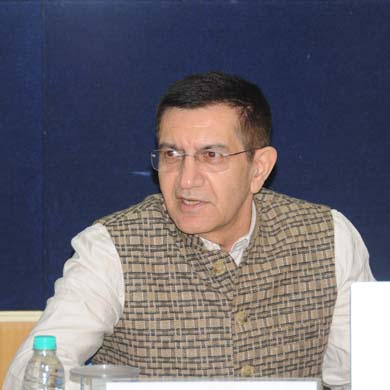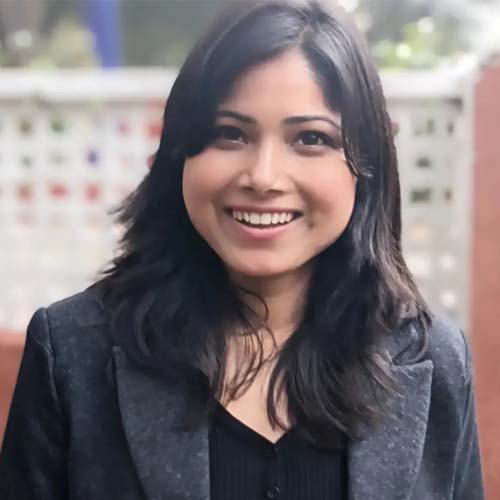Unpacking UK Combat Air Strategy
The UK Combat Air Strategy unveiled on July 16, 2018 can actually be termed as the Combat Aircraft Industry Strategy. India, with a nearly non-existing aircraft industry, can benefit by understanding the key rationales underpinning the CAS.
- Kishore Kumar Khera
- July 23, 2018


